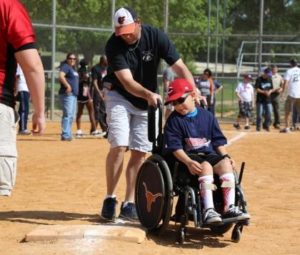Types of Trusts Used for Special Needs
Special needs planning is another aspect of estate planning. It is important to plan for the needs of loved ones with disabilities so that they will be properly taken care of when you are no longer there to do so. Parents with child that have special needs must take care to plan their estates so that other public assistance that would be available to the child is not jeopardized.
Sometimes special needs arise later in life due to an accident or illness. Depending upon the circumstances, there are different types of special needs trusts, also referred to as supplemental needs trusts.
Support Trusts
A support trust allows the Trustee to make distributions for various needs, such as clothing, shelter, food, education, and medical needs. Typically benefits from Supplemental Security Income (SSI) or Medicaid will not be available to beneficiaries of support trusts.
Third-party Special Needs Trust
Simply understood, when you provide through your estate planning, create and fund a trust for the supplemental needs of your child or grandchild. Typically this is spelled out in your Will or Living Trust. Specific requirements must be met to accomplish the goal of the special needs trust.

Self-Settled Special Needs Trust
Also referred to as a First-Party Special Needs Trust. The need for this type of trust often arises when someone receives a personal injury settlement and requires long term care. In this case, generally a parent, grandparent, guardian, or even the court, will establish the trust, but it will be funded with the proceeds from the person’s settlement.
For those with long-term needs due to disabilities, a Nevada special needs trust is a critical part of planning. When setting up a third-party special needs trust, such trust may either be a stand-alone trust or a sub-trust of your current living trust.
Regardless of the type of special or supplemental needs trust that is needed, there are technical requirements that must be met in order to achieve their purposes. To have our team of experienced Las Vegas attorneys and paralegals assist you, call for a free consultation.
